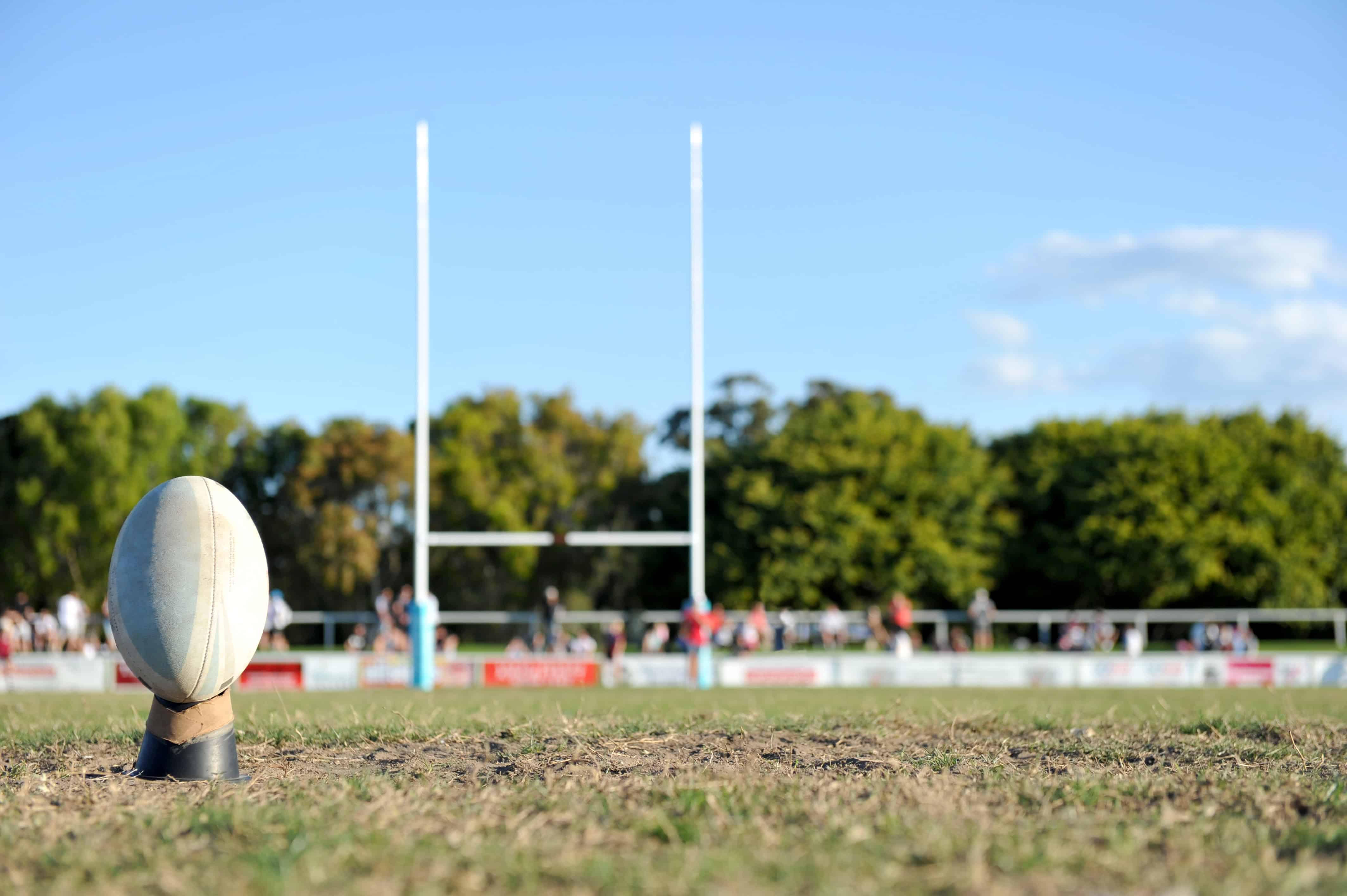
Rugby brain injuries: Do the RFU’s proposed rule changes go far enough?
“Rugby is walking headlong with its eyes closed into a catastrophic situation” – Ryan Jones, Back-Row Forward and Former Wales Captain
As a former rugby player, myself, I like to keep abreast of any developments in the game – whether that be in terms of new, exciting players or even variations in the laws of a game I know and love. In fact, World Rugby, Rugby’s governing body, has never shied away from being radical in testing new rules and technologies in its pursuit to improve the game.
However, you cannot ignore the blind-spot the sport has had in relation to dealing with the spectre of brain injuries. This is exemplified by the well-publicised fact that many former players, have been diagnosed with early-onset dementia and other irreversible neurological impairments. In fact, a group, including former Wales captain, Ryan Jones and World Cup Winning English, hooker, Steve Thompson, is looking to bring a claim against three of Rugby’s governing bodies: World Rugby, the English Rugby Football Union, and Welsh Rugby. The spectre of brain injuries is something the governing bodies have to get a grip of.
The authorities have thus introduced new rules to mitigate against the risks of brain injury involved in the game. But no law changes have received more scrutiny than the RFU’s recent decision to introduce new rules in the amateur game in England, which will ban all tackling above the belly button. According to the new rules set to become law on 1st July 2023, all tackles must be made at the line of the waist and below, with the aim to put players’ heads in the safest possible place by defining in the rules where the line of the tackle may start. According to the RFU, a similar rule change in the French game in 2019 has resulted in a 63% reduction in head-on-head collisions. Given the role that head-on-head collisions play in rugby-related concussions, a similar reduction of such impacts in the English game would be welcome.
An admirable aim, you might think. Well, that hasn’t quite been the response of a lot of prominent figures in the game. Jonathan Sexton, Ireland Rugby Captain, has been particularly critical, saying ‘it’s not like you can’t get concussed chopping someone’s knees.’ You cannot really argue with Sexton – of course, the new rules will not negate the risk of brain injury in the game. And the new rules have hardly been celebrated by amateur players with almost 80,000 people signing a petition on Change.org, which has argued that the plan rule-change should be shelved. However, you cannot get away from the fact that the authorities have a duty of care to those who play the game, and so they ought to do their utmost to protect the players. This rule-change can be seen as an attempt, however misguided, by the RFU to make the game safer.
And the game simply has to become safer – if it is to remain viable. I mean, the statistics speak for themselves. A study led by the University of Glasgow looking at former Scotland internationals – from both the amateur era and later professional players – found ex-rugby players had more than twice the risk of a neurodegenerative disease, and a 15-times higher risk of a motor neurone disease diagnosis. Thus, action to mitigate the risks of brain injuries to rugby players is imperative, as the leader of that study, Professor Willie Stewart, a consultant neuropathologist has said.
Guardian Rugby correspondent, Michael Aylwin, however, believes that the rules will not only make it impossible for referees but also won’t deal with the issue at hand in the sense that focusing on concussion misunderstands the relationship between rugby and neurodegenerative conditions like Steve Thompson and Ryan Jones are suffering from. In Aylwin’s view, ‘the threat to the sport comes from the elevated risk of neurodegenerative conditions in later life, which is not the result of concussions but of multiple impacts to body as well as head.’ However, Aylwin misses the point here – it’s not a zero-sum game. Research has found that there is a clear link between concussion and dementia. In fact, a Swedish study has found that people who had a traumatic brain injury (TBI) were four to six times as likely to get a dementia diagnosis as those without a TBI. The study also concluded that a concussion or other TBI can increase the risk of developing dementia even 30 years later. So, concussion can obviously play a role in causing long-term neurological issues.
The fact of the matter is that there was an average of 22.2 concussions per 1,000 hours in 2020-21 season in elite English rugby and concussion can have a disastrous effect on a person’s health and wellbeing. In the Adult Brain Injury team here at Bolt Burdon Kemp, we encounter clients suffering from the debilitating long-term symptoms of post-concussion syndrome and it’s not a condition that can be taken lightly in any way. Thus, any efforts to mitigate against the risks of concussion in the game should be heralded. In this sense, I cannot but agree with concussion awareness group, Progressive Rugby’s statement that ‘[they] are naturally supportive of decisions made in the interests of player welfare’.
However, that’s not to say that these rule changes are sufficient. Many questions remain. The fact that the rules will only apply to the amateur game is confusing. Do professional players not deserve the same level of protection as amateurs? How will coaches and referees stop amateur players in the community trying to emulate their heroes, who can tackle above the waist?
Furthermore, the authorities cannot stop at merely changing the game’s tackling rules. They also need to ensure that the existing head injury assessment protocol is overhauled to reflect the fact that head injuries cannot be assessed within ten minutes as is the case now. Concussion symptoms can take up to 35 hours to surface, so it is imperative that the game takes a safety-first approach by removing players from harm where any form of brain injury is suspected.
While I accept that there will always be an element of physical risk in a combat sport like rugby, the game has to acknowledge the risks of brain injury and thus the laws will have to change to reflect the fact that the authorities need to mitigate against such risks. Thus, these rule changes are positive but will need to be followed up by an overhaul of the game’s general approach to traumatic brain injuries. Quite simply, the statistics and existing research shows that the stakes are simply too high.










